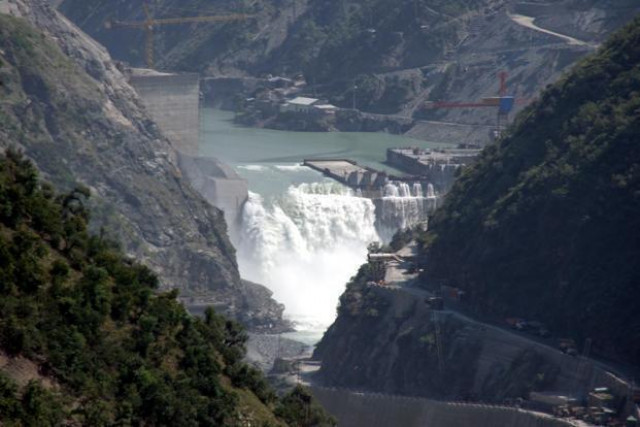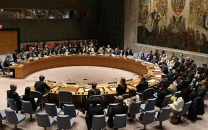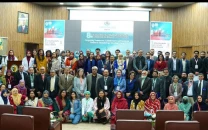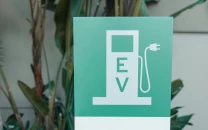WAPDA completes three major hydel projects in 2018
The authority commissioned Golen Gol, Tarbela Extension and Neelum-Jhelum hydropower plants this year

WAPDA completes three major hydel projects in 2018
With commissioning of the 108MW Golen Gol, the 1,410MW Tarbela 4th Extension and the 969MW Neelum-Jhelum hydropower projects in 2018, the installed generation capacity of Wapda hydroelectric power surged to 9,389MW from 6,902MW, registering an increase of 36 per cent in one year.
Prior to this, Wapda could manage to take its hydel generation to 6,902MW in 59 years since its inception in 1958.
Wapda contributed 25.63 billion units of hydel power to the national grid during 2018 despite the fact that water flows in 2018 remained historically low. The contribution of hydel electricity to the system greatly helped the country in meeting electricity needs and lowering the tariff for the consumers.
It is worth mentioning that hydropower is the cheapest and the most environment-friendly source of electricity. According to the data of Pakistan Electric Power Company (Pepco) regarding per unit cost of electricity generated from various sources during fiscal year 2017-18, it is Rs2.22 for Wapda hydel, which is far less than per unit cost of electricity generated from all other sources.
Tarbela 4th Extension: WAPDA completes load rejection test of all units
In comparison to hydel electricity, the cost is Rs8.91 per unit for gas, Rs16.16 for residual furnace oil (RFO), Rs16.45 for high speed diesel (HSD), Rs10.89 for coal, Rs8.78 for nuclear, Rs16.35 for wind, Rs8.60 for bagasse, Rs16.83 for solar, Rs11.30 for re-gasified natural gas (RLNG) and Rs10.67 per unit for electricity imported from Iran.
Apart from its achievements in the hydropower sector, Wapda also succeeded in achieving major targets to construct mega water reservoirs in the country. Resultantly, construction of Mohmand dam is scheduled to commence soon.
It will be the first mega dam project to be undertaken in the five decades after construction of Tarbela Dam in the 1970s. In addition, construction work on Diamer Bhasha Dam project is also likely to start in mid-2019.
The Mohmand and Diamer Bhasha dams will store 9.3MAF of water and generate 5,300MW of low-cost hydel power.



















COMMENTS
Comments are moderated and generally will be posted if they are on-topic and not abusive.
For more information, please see our Comments FAQ